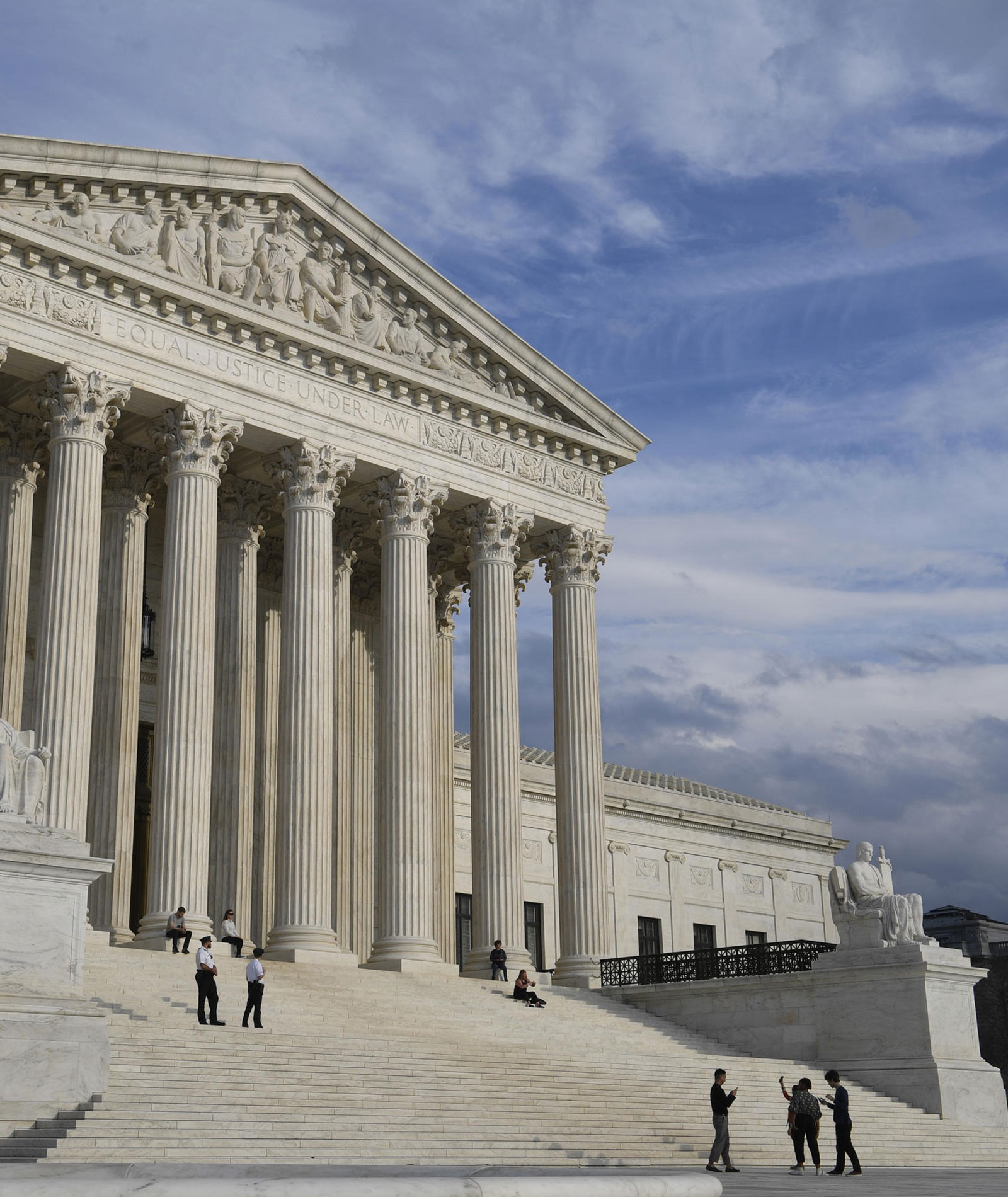Understanding Legal Deadlines in Florida Following Recent Supreme Court Decision

In a Florida medical malpractice or strict liability lawsuit, attention to the deadlines set by statute is key to finding monetary relief. Typically, the focus is on the statutes of limitations, which are set by the respective federal or state regulating bodies and determine what is the latest date one can file a claim against the at-fault party. For example, a medical malpractice action and a wrongful death action must be filed in Florida state court within two years, while a negligence or personal injury action must be filed within four years. Determining when the time starts is often straightforward. Usually, it is the date of the accident or injury. Occasionally, though, the timeline begins during an event that isn’t as certain, which adds additional arguments throughout litigation.
Defendants seeking to limit or avoid accountability and damages will often point to statutory deadlines as an affirmative defense. Some may go further and actually attempt to hide or withhold evidence of wrongdoing. If this occurs or is strongly suspected, a statute of repose may kick in, which both extends and limits the amount of time within which someone may file a lawsuit. The adjacent statute of repose also has its own statutory deadline. Medical malpractice actions can be extended two additional years but cannot exceed seven years from the date of the incident giving rise to the injury. Strict liability actions have a potential extension of 12 years after the delivery of the product to its first purchase or lessee. Florida state law also provides a specific statute of repose for fraud claims, which begins “within 12 years after the date of the commission of the alleged fraud, regardless of the date the fraud was discovered.” (See § 95.031(2), Fla. Stat.)
The Florida Supreme Court recently found in favor of a widow on her appeal in Hess vs. Phillip Morris USA, Inc.. The widow filed a wrongful death lawsuit against a tobacco company for the death of her husband, who smoked their product for several decades after being told the product was safe. The widow won a multi-million dollar verdict at trial, but it was overturned on appeal at the state district appellate court. The Florida Supreme Court reinstated the verdict after scrutinizing the statute of repose as it applies to a fraudulent concealment claim within a wrongful death, strict liability claim. The widow had previously been awarded two million dollars at trial for compensatory damages and five million for punitive damages. After an adjustment for her deceased husband’s contributory negligence, she won $6.26 million in damages.
The main question centered around when a statute of repose begins and what must occur for the affirmative defense to apply. The defendant tobacco company claimed that they were shielded from liability because there was no proof provided by the widow that her husband relied on the fraudulent statements during the period of repose. The Supreme Court determined that reliance upon the tobacco company’s fraudulent statements was not a necessary component and did not provide a barrier to the widow’s claim.
Litigating a Florida wrongful death or personal injury suit can quickly become a long, arduous fight. Experienced attorneys who fully understand the statutes of limitations and repose are necessary to fight against defendants’ affirmative defenses. The lawyers at Donaldson and Weston have the knowledge you need to aggressively pursue all avenues of legal relief that will maximize the damages you deserve. For a free consultation today, call a personal injury attorney at 772-266-5555.
